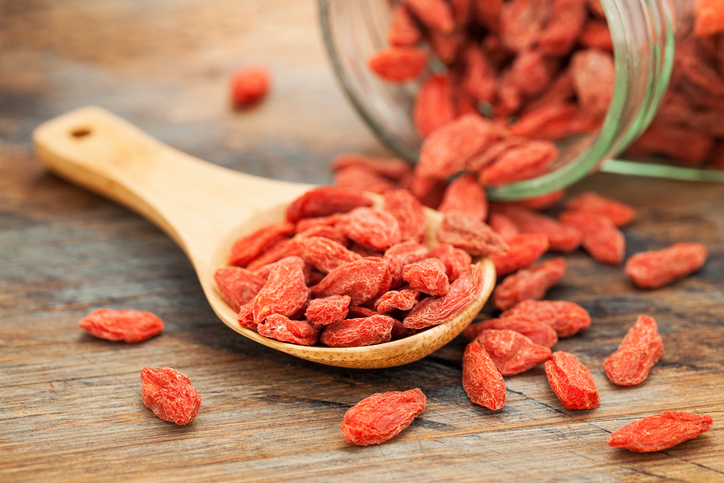We’ve been hearing about superfoods for years. They’re seen by many as just a marketing term for food that is said to have beneficial properties and a potentially high nutritional value. Superfoods can be added to your daily diet although you should be under no illusions about their magic powers as eating them on their own won’t make you any healthier.
And others see them as a cash cow that many have tried to benefit from by including them in their menus or products (salads, smoothies…) and raising their prices disproportionately.
Let’s see what some of them are and what benefits they can offer.
- Goji Berries: Who hasn’t heard about them? They come from a plant originally grown in China where they were believed to strengthen the immune system, boost libido, protect against cardiovascular diseases and cancer. The funny thing is that there are no scientific studies to back up any of these claims and alleged properties and many people see them as the same as any other type of berry.
- Quinoa: It’s credited with helping to reduce cholesterol and lose weight. Some studies have been carried out, but the sample of participants was reduced, and the results are conclusive.
- Algae: They’re an important food source as they are enriched with all the nutrients in the ocean. Rich in iodine, which stimulates the thyroid, they have up to ten times more calcium than milk, and their attributes to regulate and cleanse the blood systems has meant there are now many algae fans.
- Cranberries: These are another of the ‘cool’ berries at the moment. Their consumption is associated with a lower risk of suffering a heart attack and reducing cardiovascular diseases, and also treating urinary tract infections, although there is no conclusive evidence to prove the latter.
- Chia Seeds: The seeds themselves are a rich source of fibre, vegetable proteins and good fats. They can absorb up to 12 times their weight in water and are great for controlling cravings and help with diets to control weight. They’re not miraculous but can help.
- Sesame: These seeds are rich in minerals, magnesium, zinc, calcium and phosphorus. They can be eaten raw, added to salads and used in making bread. They also contribute to reducing cholesterol levels due to their content of lecithin and improving intestinal functions thanks to their fibre content.
As in everything, superfoods are half truth half marketing. Including them in your diet will not hurt you but you will not get the ‘dietary miracles’ that many people associate with their consumption.







